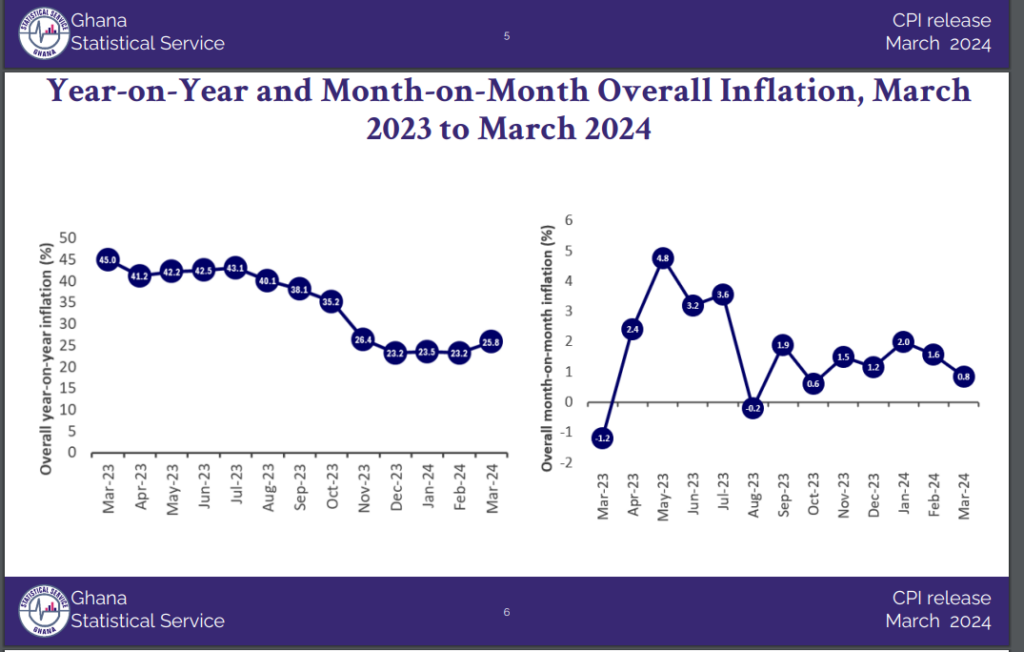
A few days into the festive period, there are clear signals that Nigerians may experience a bleak yuletide as the country’s inflation soared to 28.20 per cent in November, the highest since August 2005.
According to the National Bureau of Statistics, the figure represents the eleventh time Nigeria’s inflation rate is increasing in 2023.
From January to November this year, the country’s inflation rate increased by 6.68 per cent, the fastest since the recession that struck the nation in 2016.
Food items, accommodation, clothing, electricity, education fees and other prices have all hit the rooftop.
A further analysis showed that food inflation, which stood at 32.84 per cent in October, is the primary driver of the country’s rising headline inflation rate.
For instance, a 50kg bag of rice now sells for N55,000 from N38,000 it was sold last December, 25 litres of vegetable oil now 42,000 from N32,000, and a chicken (layer) now N6,000 from N3,000 previous year.
Apart from food prices, the cost of transportation and other services have doubled nationwide.
This is not unconnected to the negative impact of fuel subsidy removal and foreign exchange fluctuation.
President Bola Ahmed Tinubu introduced twin policies of fuel subsidy removal and Naira floating in June, which led to a hike in fuel price to over N617 per litre and jerked up the forex rate to over N800/$1.
Despite the gains of the policies advocated by the Tinubu administration, Nigerians have continued to suffer the negative impact.
This came as out of 15 million households targeted for the N25,000 cash transfer, only 1.5 million have received the Federal Government’s fuel subsidy palliative from the $400 million World Bank loan.
The persistent naira scarcity nationwide has added more pain to the impact of rising inflation.
Despite CBN’s assurance on the sufficiency of cash, Nigerians and point-of-sale operators have continued to lament the scarcity of the banknotes.
Speaking with DAILY POST on Monday, a don at the Lead City University in Ibadan, Prof Godwin Oyedokun, said the soaring inflation rate will significantly affect Nigerians during the festive season.
“The soaring inflation in Nigeria will likely significantly impact Nigerians during the Yuletide season, in terms of the overall cost of living.
“When inflation increases, the purchasing power of the Nigerian currency decreases. This means that Nigerians may have to spend more to buy the same goods or services they previously purchased for less. As a result, Nigerians’ ability to afford gifts, travel, or other yuletide-related expenses may be limited, he said.
Credit: dailypost.ng
The post Nigerians face tough yuletide amid soaring inflation rate, naira scarcity appeared first on The Chronicle News Online.
Read Full Story























Facebook
Twitter
Pinterest
Instagram
Google+
YouTube
LinkedIn
RSS